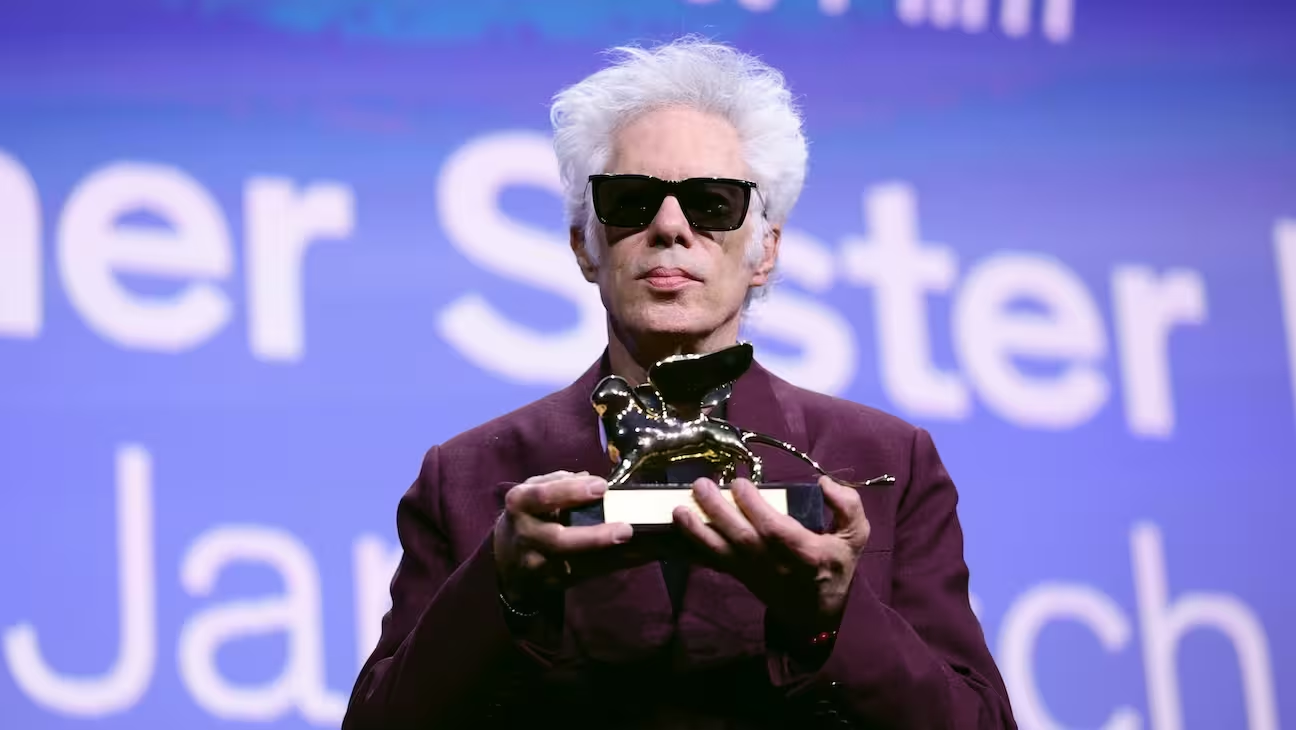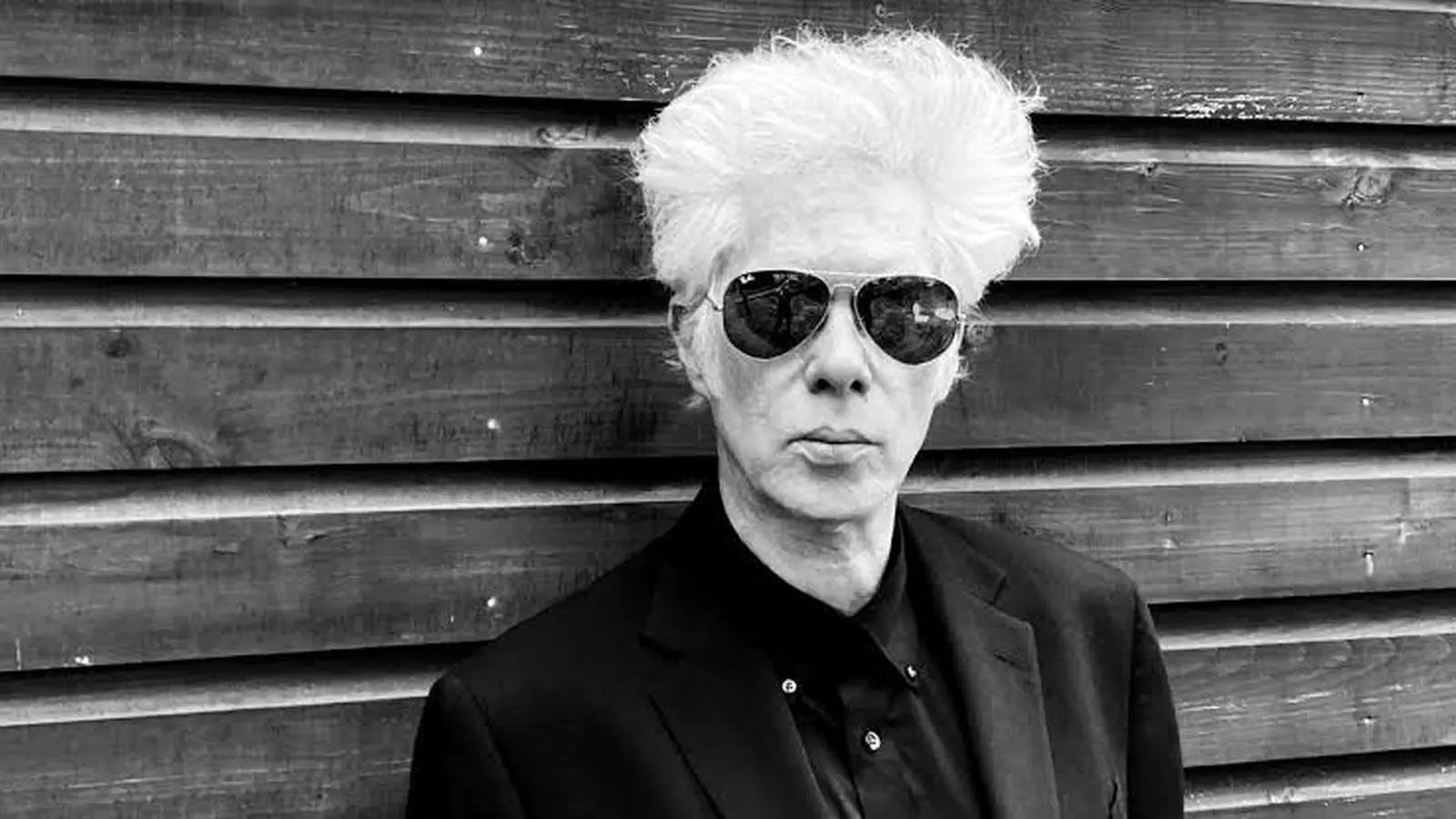6 Minutes
Jarmusch’s Golden Lion: A Quiet, Radical Victory
The 82nd Venice International Film Festival closed with a surprising, emotionally resonant result: Jim Jarmusch’s Father Mother Sister Brother won the Golden Lion. The poetically structured triptych — three linked stories about adult siblings and the complicated intimacy of family life — felt like a return to Jarmusch’s humane, low-key strengths. The film’s ensemble, featuring Cate Blanchett, Charlotte Rampling, Adam Driver, Tom Waits, Vicky Krieps and Indya Moore, makes understatement feel urgent; Venice rewarded that restraint over the louder political and epic canvases that dominated headlines this year.
Why this matters
Jarmusch’s win underlines a broader festival pattern: at a moment when streaming platforms and blockbuster auteurs stamp their presence on major festivals, juries are still willing to champion quiet, character-driven cinema. In a line that will be quoted across film blogs, Jarmusch said onstage, "Art does not have to address politics directly to be political," arguing that empathy is the first step toward change — a rationale that resonated with many viewers.
Silver Lions and the power of politically urgent cinema
The Golden Lion’s runners-up reflected Venice’s ongoing engagement with urgent geopolitical storytelling. Kaouther Ben Hania’s The Voice of Hind Rajab took the Silver Lion for the Grand Jury Prize after receiving a 21-minute standing ovation at its premiere — one of the longest in Lido history. Set in Gaza and centered on a six-year-old girl’s desperate plea for rescue, the film has become a lightning rod for debate and an emblem of festival cinema’s ability to amplify human stories from conflict zones.
Benny Safdie earned Best Director for The Smashing Machine, an unexpected, raw MMA biopic starring Dwayne Johnson in a dramatic turn. The award signals Venice’s interest in genre-bending biographies that push star actors into unfamiliar terrain.
Context and comparisons
Ben Hania’s Gaza-set drama echoes recent politically charged films like Nadine Labaki’s Capernaum or Asghar Farhadi’s social dramas, where intimate personal stories reveal wider humanitarian crises. Safdie’s film, meanwhile, recalls the physical immersion of films such as Darren Aronofsky’s Black Swan or Paul Thomas Anderson’s work with stars who reinvent themselves — the festival seemed to reward reinvention as much as pedigree.

Notable prizes and performances
Toni Servillo won Best Actor for Paolo Sorrentino’s La Grazia, a performance many critics called both hilarious and humane — a potential awards-season contender not unlike his The Great Beauty turn a decade ago. Best Actress went to Xin Zhilei for Cai Shangjun’s The Sun Rises on Us All, an emotionally searing role acknowledged early in the ceremony.
Valérie Donzelli and Gilles Marchand were recognized for Best Screenplay for At Work, an adaptation about a photographer who sacrifices success to chase a dream of writing — a film that touches on contemporary anxieties about vocation and identity.
Big names that left Venice empty-handed
Despite heavy buzz and strong premieres, several high-profile projects came away without prizes. Netflix’s mammoth slate — including Noah Baumbach’s George Clooney vehicle Jay Kelly, Kathryn Bigelow’s geopolitical thriller A House of Dynamite, and Guillermo del Toro’s dark Frankenstein starring Jacob Elordi — increased the festival’s mainstream profile but didn’t translate into top awards. Park Chan-wook’s No Other Choice, Yorgos Lanthimos’ Bugonia, and Luca Guadagnino’s After the Hunt (with Julia Roberts) all drew critical attention and polarized audiences, yet were shut out at the podium.
Industry note
Venice’s results point to an emerging festival economy: prestige streaming projects boost box office and awards visibility, but auteur-driven, smaller films still secure critical capital and jury love. The festival’s programming, curated by Alberto Barbera, balanced commercial firepower with arthouse risk-taking — a strategy that keeps Venice relevant as a forecasting ground for awards season and cinema trends.
Horizons, tributes, and other highlights
The Horizons (Orizzonti) section celebrated new cinematic voices: Mexican director David Pablos won best film for En El Camino, a haunting road movie, while Julia Ducournau chaired the jury. Werner Herzog received a Golden Lion for lifetime achievement, celebrated by Francis Ford Coppola, and a touching tribute was paid to the late Giorgio Armani during the closing ceremony.
Expert perspective
"Venice 2025 felt like a crossroads between festival politics and pure cinematic craft," says film critic Ana Kovács. "Jarmusch’s win signals that juries are still capable of handing the highest honor to films that prioritize emotional clarity over spectacle. It keeps hope alive for the theatrical, character-led film."
Trivia and behind-the-scenes notes
• Jim Jarmusch accepted his Golden Lion with a wry "Oh shit" — a candid moment that went viral across social platforms. • Several projects premiered with surprise executive producers: Ben Hania’s The Voice of Hind Rajab drew high-profile names like Brad Pitt and Joaquin Phoenix as executive producers, which amplified its festival profile. • Dwayne Johnson’s dramatic commitment in The Smashing Machine involved months of fight training and improvisational rehearsals with director Benny Safdie, a factor the jury praised when awarding Best Director.
Conclusion: What Venice 2025 leaves us
Venice 2025 reaffirmed that film festivals remain vital to cinema’s ecosystem: they can elevate urgent political narratives, reward quiet humanism, and spotlight reinventions by major stars. As streaming companies and big-name auteurs continue to jostle for space on the Lido, the festival’s willingness to honor restraint — and to spotlight fresh voices in Horizons — suggests a healthy diversity of cinematic futures. For audiences and industry watchers, those futures will be the most exciting part of the awards season to come.
Source: hollywoodreporter


Leave a Comment